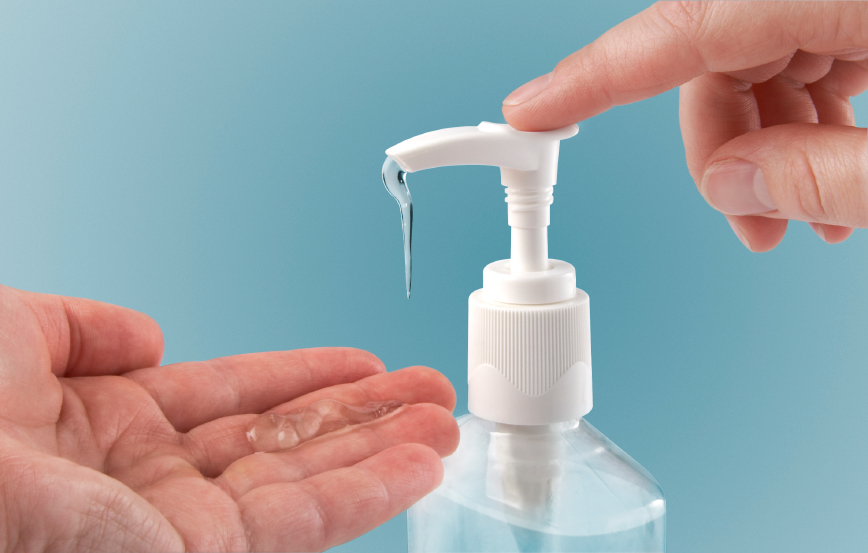Elopement, Dementia and Winter - A Fatal Combination
.jpg) A tragic story from Portland, Oregon, underlines the unspeakable consequences when a resident of an adult care home elopes from the facility. The resident, Mr. Koller, age 69, suffered from severe dementia.
A tragic story from Portland, Oregon, underlines the unspeakable consequences when a resident of an adult care home elopes from the facility. The resident, Mr. Koller, age 69, suffered from severe dementia.
According to the report, the care center's staff noticed he was missing and notified the authorities. Heartbreakingly, Mr. Koller was found dead in a backyard near the care facility. He was not dressed for the cold weather.
From my perspective, there is critical information missing from the report. For example, what was the elapsed time from when staff last saw Mr. Koller and when they noticed he was missing? How long after the facility knew Mr. Koller was missing before someone contacted the authorities for outside assistance. Finally, what precautions did the facility have in place to prevent such a tragedy.
A close eye needs to be kept on people who suffer from severe dementia. Adequate precautions need to be taken to prevent elopement by these folks. A facility should have the staff and resources to ensure all residents, including those who suffer from severe dementia, are kept safe.
If adequate steps are not taken, a fatal tragedy can occur.
.jpg) According to a
According to a .jpg) In a recent
In a recent  In a
In a .jpg) In a previous blog
In a previous blog .jpg) You would think state legislators would be on the side of vulnerable nursing home residents. According to a recent
You would think state legislators would be on the side of vulnerable nursing home residents. According to a recent  It is simply amazing what a person can do with a little knowledge, a computer, and bad intentions. A
It is simply amazing what a person can do with a little knowledge, a computer, and bad intentions. A  In an interesting
In an interesting  As a resident of a nursing home or assisted living facility, there are many things you rely upon the facility to help you with. One of the most important, perhaps, is the administration of prescription or over-the-counter medications. If the facility gives you the wrong medication, the consequences can be dire, even fatal.
As a resident of a nursing home or assisted living facility, there are many things you rely upon the facility to help you with. One of the most important, perhaps, is the administration of prescription or over-the-counter medications. If the facility gives you the wrong medication, the consequences can be dire, even fatal. The Idaho Department of Health and Welfare,
The Idaho Department of Health and Welfare,  Although the owners of the assisted living facility say this was a tragic "accident that could have been prevented," because of the facility's policies, what is more telling is the fact that the aide had worked for the facility "on and off for nine years." This fact leads me to believe the aide was simply not properly trained to perform her job. If the facility had properly trained her, there would have been no doubt in the aide's mind about what needed to be done when she found Mr. Foster. I am sure the assisted living facility, no doubt, conducted a training session immediately after this tragedy. Unfortunately, for Mr. Foster and his family, that training came too late.
Although the owners of the assisted living facility say this was a tragic "accident that could have been prevented," because of the facility's policies, what is more telling is the fact that the aide had worked for the facility "on and off for nine years." This fact leads me to believe the aide was simply not properly trained to perform her job. If the facility had properly trained her, there would have been no doubt in the aide's mind about what needed to be done when she found Mr. Foster. I am sure the assisted living facility, no doubt, conducted a training session immediately after this tragedy. Unfortunately, for Mr. Foster and his family, that training came too late.
